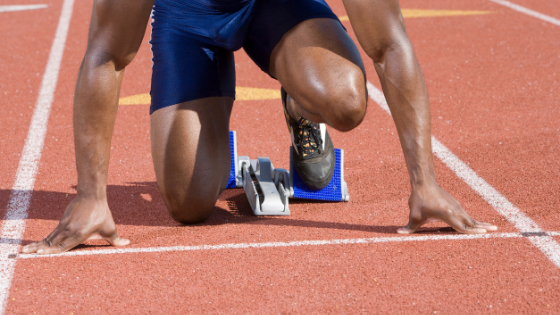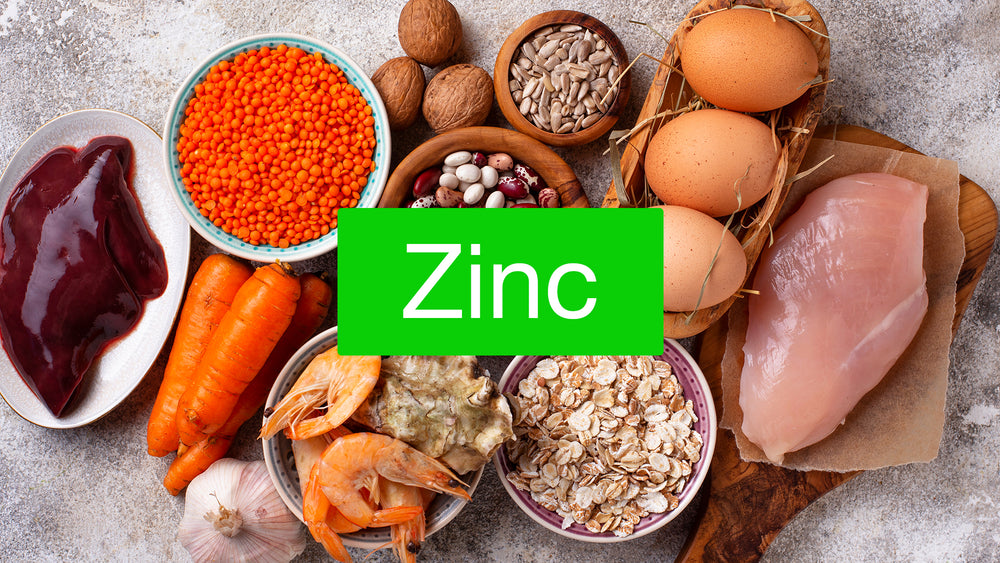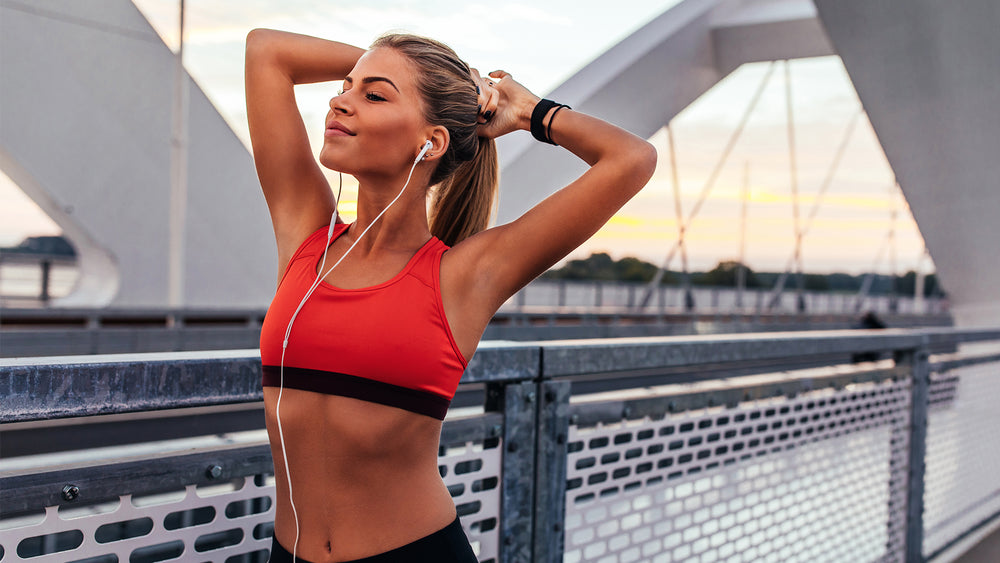Wheatgrass supplements can improve your health and boost energy, regardless of your age or physical condition.
Raw food expert Ann Wigmore promoted wheatgrass in the 1970s, and this superfood has steadily gained popularity since then.
Wheatgrass consists mostly of chlorophyll, a blood-building nutrient packed with magnesium. Magnesium is an essential mineral needed for muscle contractions, heart health, and blood pressure regulation. It also guards against depression, anxiety, and diabetes.
Wheatgrass has hundreds of enzymes, dozens of essential vitamins and minerals, and several protein-producing amino acids.
Amino acids help cells grow and regenerate. Bodybuilders often take amino acid supplements to encourage muscle growth and strength, but wheatgrass can also help them achieve the same objective.
Athletes, physical fitness buffs and regular folk working out at the gym can reap additional health benefits from wheatgrass supplements. Here are four ways wheatgrass helps you perform during workouts or athletic competition:

Gives Cells More Oxygen
Your heart will beat faster when you’re exercising to get more blood to flow to various parts of your body. The nutrients in wheatgrass help nourish your organs and cells to keep them strong and resistant to free radicals and other damage.
The nutrients in wheatgrass improve circulation, and this also enhances your athletic ability and workouts at the gym or at home.
Offers Hundreds of Nutrients
Wheatgrass offers plenty of Vitamin A and beta carotene, which provide antioxidants, maintain cognitive function and keep lungs healthy.
Iron carries oxygen to muscles through red blood cells. This is important for athletic endurance. People who exercise intensely may lose more iron than others. You should increase daily iron intake by 30 percent if you are very active. Other foods with iron include spinach, raisins, red meat, lentils and tofu.
B vitamins help your body produce energy by breaking down carbs into glucose. They work together to process protein and fat. Vitamin B12 is the most highly-lauded B vitamin, as it assists in DNA production and helps form red blood cells. Red blood cells carry oxygen and remove carbon dioxide from your body, so athletes need to consume a generous amount of Vitamin B12.
Milk, beef, chicken, whole grains and leafy greens are some excellent animal sources of B12. Nutritional yeast and fortified cereal offer Vitamin B12 for vegans and vegetarians.
Vitamin C boosts immunity, and ongoing, moderate exercise reduces immunity. Add a wheatgrass supplement and eat more of the following foods:
- Broccoli
- Oranges
- Yellow bell peppers
- Berries
- Kiwi
- Brussels Sprouts
Lack of magnesium can cause cramping or involuntary muscles spasms, and may contribute to heart disease. Wheatgrass is loaded with magnesium, but you’ll also need to eat leafy green vegetables, whole grains, nuts, soy, fruits and vegetables.
Women should get 320 mg of magnesium a day, and men should get 420 mg.
Potassium is an electrolyte and works with sodium to help nerves communicate with each other. Potassium and sodium also help maintain muscle contraction and heart function.
When you sweat, you lose electrolytes. If you lose too many electrolytes, you experience muscle cramping and fatigue. Potassium and sodium keep you hydrated and prevent cramping and getting tired.
Lots of foods contain potassium, other than the highly-publicized bananas. Beans, salmon, milk, potatoes, oranges, watermelon, yogurt, avocado, spinach, lentils and peas all contain potassium. Adults should consume between 3,500–4,700 mg of potassium daily.
Add table salt to your food or eat a baked potato with salt after exercise to replenish your electrolytes.
The hundreds of enzymes in wheatgrass do more than aid digestion. Athletes in training have taken enzyme supplements to spur healing and support immunity and circulation. Taking a wheatgrass supplement will give plenty of enzymes along with dozens of other nutrients to improve your athletic performance and overall health.
Enzymes also help break down fat and promote weight loss.
The National Institute of Health Factsheet also shows that amino acids are some of the best supplements for athletes, especially weightlifters and bodybuilders. Wheatgrass contains leucine, valine and arginine, amino acids that are recommended to increase muscle growth and provide energy.
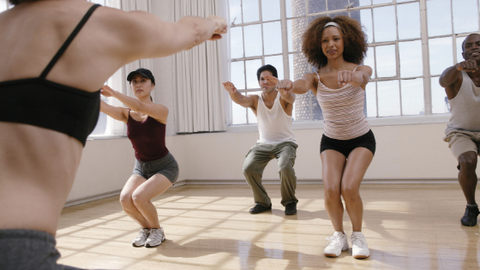
Boosts Energy
A wheatgrass supplement offers varying degrees of B vitamins, including energy powerhouse Vitamin B12. The concentrated amount of B vitamins gives athletes and runners enough vigor to exceed their personal best.
The combination of all eight B vitamins – B1 (thiamine), B2 (riboflavin), B3 (niacin), B5 (pantothenic acid), B6, B7 (biotin), B9 (folic acid) and B12 – supplies you with enough energy to excel at sports or your daily workouts.
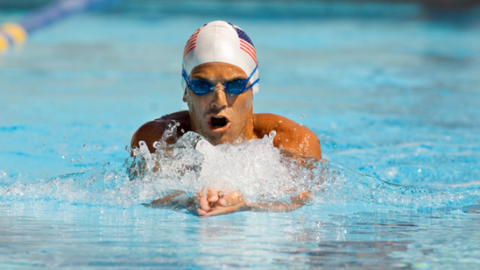
Helps Your Body Heal
Wheatgrass helps you heal faster from injuries and illnesses. The nutrients in wheatgrass not only protect the immune system, but they also help you recover from colds, the flu, sports injuries, surgery, or any ailment.
Wheatgrass is anti-bacterial and it’s considered a “living” food. You’ll detoxify lymph and blood cells when you take a wheatgrass supplement. The nutrients in wheatgrass help you eliminate toxins from your body.
Wheatgrass also has Vitamin K, which helps blood clotting, and Vitamin E, which offers antioxidant properties and may prevent free radicals from damaging cells during endurance exercise.
REVV from Wheatgrass Love is Designed to Give You More Energy and Endurance
REVV Natural Energy Supplement from Wheatgrass Love is chocolate mints wafer with all the nutrients of wheatgrass, and a few other important ingredients for athletes and other active people.
The caffeine in REVV stimulates the central nervous system, and helps increase focus and concentration. Tasty cocoa contains flavonoid antioxidants to prevent damage to the arterial wall by free radicals. Studies show that cocoa has many health benefits, including improved cholesterol levels, lower blood pressure, and a reduced chance of diabetes.
L-taurine, another ingredient in REVV, protects the brain and the heart. It functions as a building block for other amino acids, and helps maintain a healthy cholesterol level.
Periwinkle herb, a lesser-known but powerful astringent herb, contains the alkaloid vincamine to increase blood flow to the brain. Better blood flow to the brain protects against Alzheimer’s, memory loss, and hearing loss.
Learn more about REVV and how it can improve your athletic performance and overall health here.
